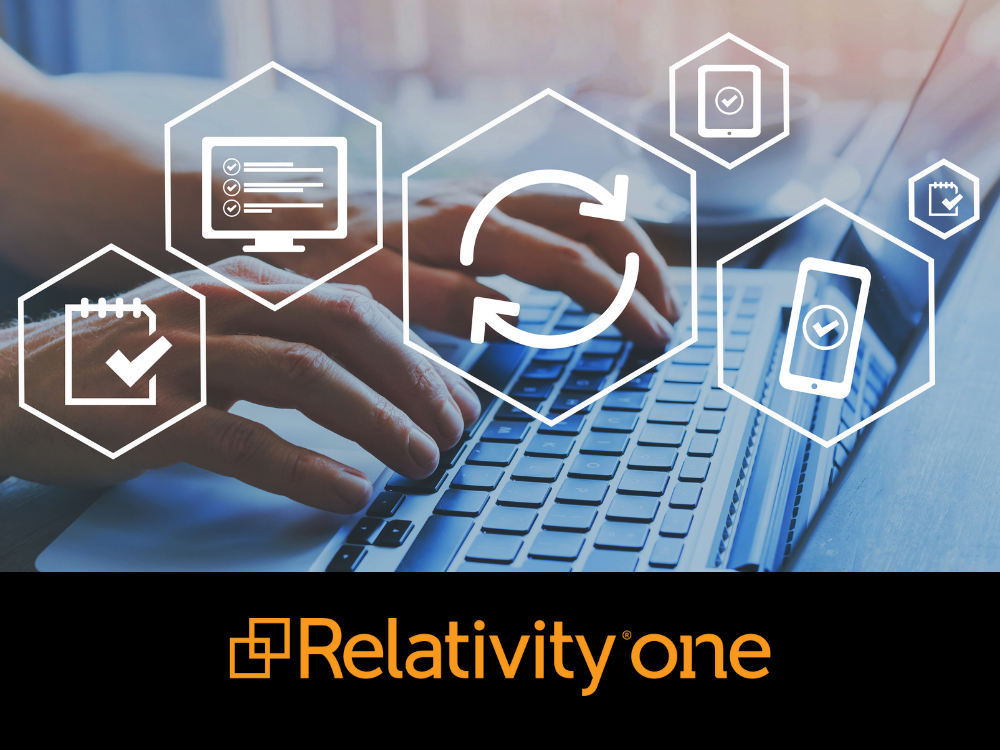A few weeks post-Relativity Fest and the legal world is still buzzing with the latest announcements and updates coming to the industry-leading eDiscovery platform. Two of our team were lucky enough to attend this year and they, like the rest of the industry, cannot wait to get their hands on the myriad of updates and tools soon to be available on the platform.
As with all of our blog content, we aim to educate and inspire. As such, we have collated a list of the upcoming Relativity updates and tools that we are most excited about...
Bulk data transfers in ReltivityOne
As eDiscovery professionals, we deal with huge quantities of data on a daily basis. Transferring this data quickly, efficiently and most importantly, securely is a challenge we all face, and is one that creates a significant speedbump in the otherwise (relatively) smooth roads of our eDiscovery processes.
Luckily, RelativityOne's new import/export feature is here to make these troubles a thing of the past. The drag-and-drop functionality of the new Relativity import/export tool makes it possible for all users, not just the experienced ones, to safely transfer data into and out of the platform. Not to mention the entire tool is web-based meaning no clunky desktop experiences!
The express transfer capabilities also ensure all data transfers are orchestrated to enable maximum transfer speed. In lab testing environments this capability has been seen to increase the speed of data transfer to up to 4 times the standard for bulk data. We can imagine the time-saving benefits this will bring to both users of the platform and the clients they serve.
Sentiment analysis
The introduction of AI-based sentiment analysis to the platform is something we are truly excited about, and not just because we love AI and its impact on the legal landscape!
This latest development in eDiscovery looks to have all the makings of a game-changing one, allowing reviewers to search over documents based on positive or negative sentiments and on emotions such as anger or desire. This will have a profound impact on the way we search and categorise data, and for matters such as DSARs, where sentiment is at the forefront of the examination, we believe this tool will prove very beneficial.
An additional benefit of this new tool is that the RelativityOne Platform will highlight the areas in the document that have led to its classification, allowing reviewers to immediately locate the areas of text responsible for the negative or positive sentiment rating. This can massively speed up the reviewer's review process, as the important areas of a document will be much easier to locate.




